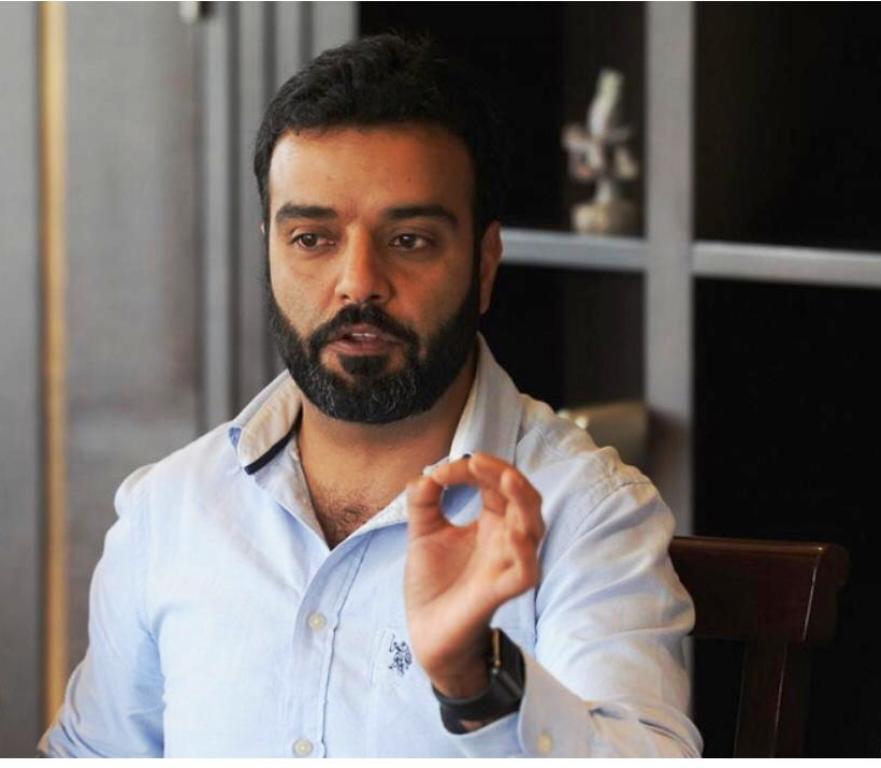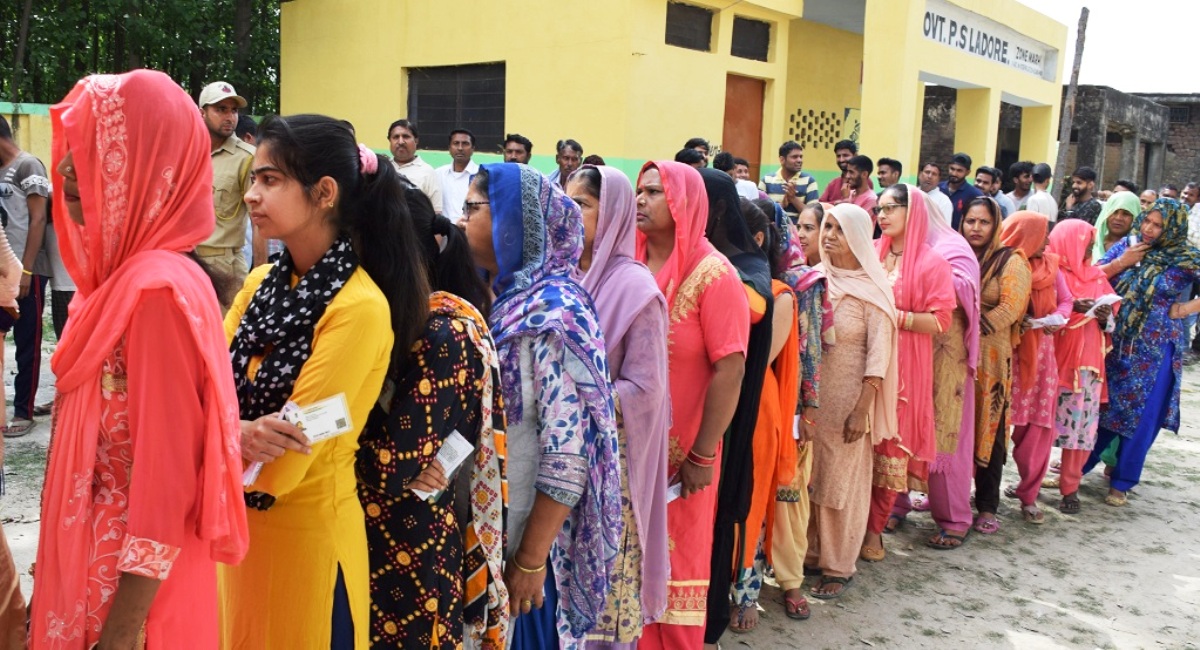by Khalid Bashir Gura
Srinagar
On August 5, 2019, Kashmir was virtually shut from the outside world as all means of communication including internet and telephone services were blocked. Six months later, landline telephones, mobiles and 2G internet services were restored in a phased manner. But locals call it eyewash: on the slow 2G network one is allowed to access only 400 plus white-listed websites. The list excludes all social media platforms including Facebook, WhatsApp etc.
Associate Professor, Media Education Research Centre (MERC), Dr Syeda Afshana, said: “We are living in uncertain times where the fundamental right to communicate is denied, delayed and is not certain. There has been a tremendous academic loss in terms of networking, communication and learning”.
On January 10, 2020, the Supreme Court of India had ordered Jammu and Kashmir government to review curbs on internet ban and asserted the right to access the internet as a fundamental right. But nothing much has changed.
“It should be General Internet Services and not restricted to some privileged places, people. As a researcher, my whole work depends on the internet. I had to face a multitude of problems,’’ said Musa Mubarak, research Scholar University of Kashmir.
The Indian government has shut down the internet in various parts of the country 374 times since 2012, out of which more than 100 took place in 2019 alone.
India now ranks at the top among countries with the most Internet shutdowns, accounting for 134 of the 196 documented shutdowns in 2018, as reported by Access Now, an international non-profit group.
The most protracted Internet shutdown in India, lasting 133 days, was enforced in Kashmir in 2016 after the killing of Burhan Wani. The recent one post-August 5, 2019, which ended tentatively on 26 January has surpassed the previous record in the valley with more than 5 months of internet clampdown.
India is followed by its neighbours Pakistan with 12 reported shutdowns, and Yemen, Iraq, Ethiopia & Bangladesh, each with greater than five shutdowns, Access Now reported.
Since the partial restoration of internet services in Kashmir, the original white-list of websites allowed are revised by the government on a weekly basis. However, social media platforms like Facebook, Twitter, Instagram and Whatsapp continue to be blacklisted.
But according to some unconfirmed reports people are accessing blacklisted sites as well as social media websites through Virtual Private Network (VPN’s).
In a recent government communication, Virtual Private Network (VPN) applications have been blamed for ‘coordination of terror acts, the transmission of rumours and targeted messages to spread ideologies inimical to the interest of the state’.
In order to enforce the ban effectively, reports suggest that a team of experts from Noida and Bangalore were flown to Srinagar to help the government create a virtual firewall to thwart the use of VPNs.
The ban on social media apps like Whatsapp is seen as counterproductive for local businesses, especially those associated with the tourism sector.
“Because of internet shutdown we lost touch with our agents and clients completely,” said Houseboat owners association General Secretary, Abdul Rashid Kaloo.
“All booking and communication used to happen on the Whatsapp. Without it, we are not able to reach out to anyone,”added association’s treasurer, Javed Ahmed.
Kashmir Chamber of Commerce and Industries (KCCI), Secretary-General Farooq Ahmed said, “We had to suffer the loss of around 18000 crores. We are hopeful that the government restores it and becomes considerate to our concerns.’’
Economic Loss
In its Preliminary Economic Loss Assessment Report (which studies the period between 5 August 2019 and 3 December 2019), the Kashmir Chamber of Commerce and Industry (KCCI), observed that the situation of communication blockade, restrictions and shutdown in Kashmir valley has led to the loss of approximately 17878.18 crores, estimating a daily loss of Rs 165 crores.
An annual report released by Jammu and Kashmir Coalition of Civil Society (JKCSS), states that prior to the August 5, internet services were blocked a total of 54 times (January 1, 2019, to August 4, 2019). However, on the intervening night of August 4 and 5 –the government enforced the 55th internet shutdown of the year, the longest-running (149 days till 31st December 2019) internet blackout not just in Kashmir but in the entire world.
The impact of the ongoing internet blockade, which effectively can be termed as a total communication and information blockade, has not only affected the effective reporting of human rights violations and abuses but also caused losses to businesses and economic activity of the people. The larger impacts of the ongoing internet shutdown in Kashmir are over the economy, education, health services and livelihood, read Jammu and Kashmir Coalition of Civil Society (JKCSS) report.
India’s Internet Scenario
The frequency of internet shutdowns in Kashmir was subject of critique of a report by Stanford University in the USA. The report stated that, “India has witnessed 134 network shutdowns in 2018, with more than 100 shutdowns seen in 2016-17.”
A report by international advocacy group Access Now says that India leads the world in internet shutdowns.
Another report by independent internet monitoring website internetshutdowns.in revealed that the 381 Internet shutdowns recorded between January 2012 and January 4th 2020, 236 were observed to be preventive i.e. restrictions imposed in anticipation of law and order situation and 146 shutdowns were reactive in nature i.e. imposed in order to contain on-going law and order breakdowns.
A study by the think-tank Brookings Institution found that India lost $968 million because of internet shutdowns between July 2015 and June 2016. Another estimate by the Indian Council for Research on International Economic Relations, a think-tank based in Delhi-put the loss to internet shutdowns at more than 3 billion dollars between the years of 2012-2017.















